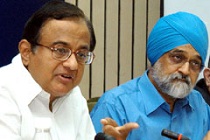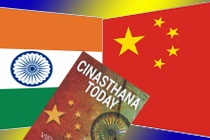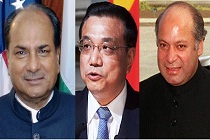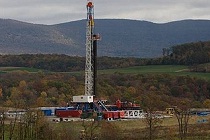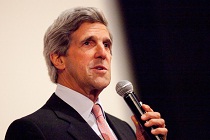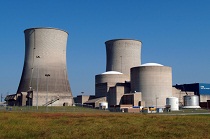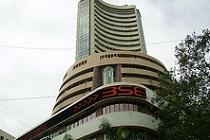India-U.S.: Credibility lost
In the face of a sagging rupee and FDI flight from the country, three top ministers recently visited the U.S. to retell the growth story of India and its potential. However, American political and business leaders seem largely unimpressed by the pitch and want more from the India-U.S. equation

